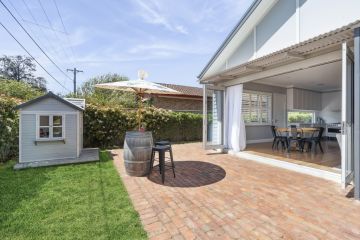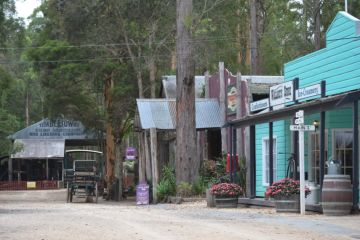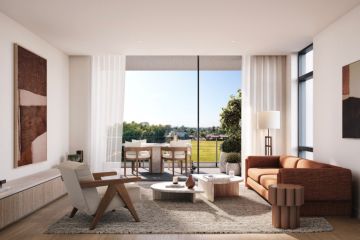Apartment building owners and managers urge plans for dealing with COVID-19
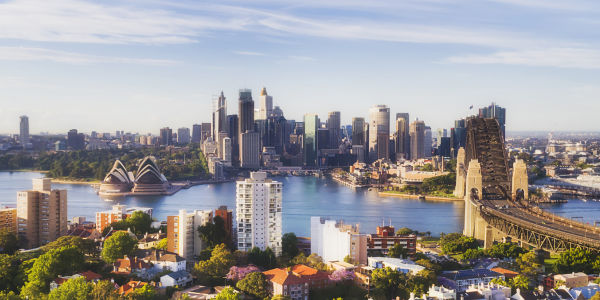
Apartment buildings have the capacity to be super-spreaders of COVID-19 “like vertical cruise ships”, but the state government has completely ignored the potentially catastrophic dangers, those in the sector claim.
With one of Sydney’s biggest apartment towers now in lockdown after a resident tested positive to the highly infectious Delta variant, angry apartment owners and professional managers have accused the authorities of negligence.
“We’ve got shared airconditioning systems, shared lifts, shared common areas like lobbies, stairways, lounges, gyms and pools, and yet when someone comes down with COVID, there are no clear guidelines or advice on what to do,” said Karen Stiles, the executive officer of the Owners Corporation Network.
“There should be protocols in place but, when you ask the Department of Health or the Department of Fair Trading, no one can give you an answer. It was bad enough in the last lockdown, but with the Delta variant being so infectious, the dangers are potentially even worse with apartment buildings like vertical cruise ships. But we’re being completely disregarded by [the] government.”
On Thursday, the 280-apartment Elan building in Kings Cross, housing more than 500 residents, went into immediate lockdown after a resident contracted the virus. The cafe in the building they’d also visited was closed, and everyone was directed to have a COVID-19 test and then to self-isolate at home.
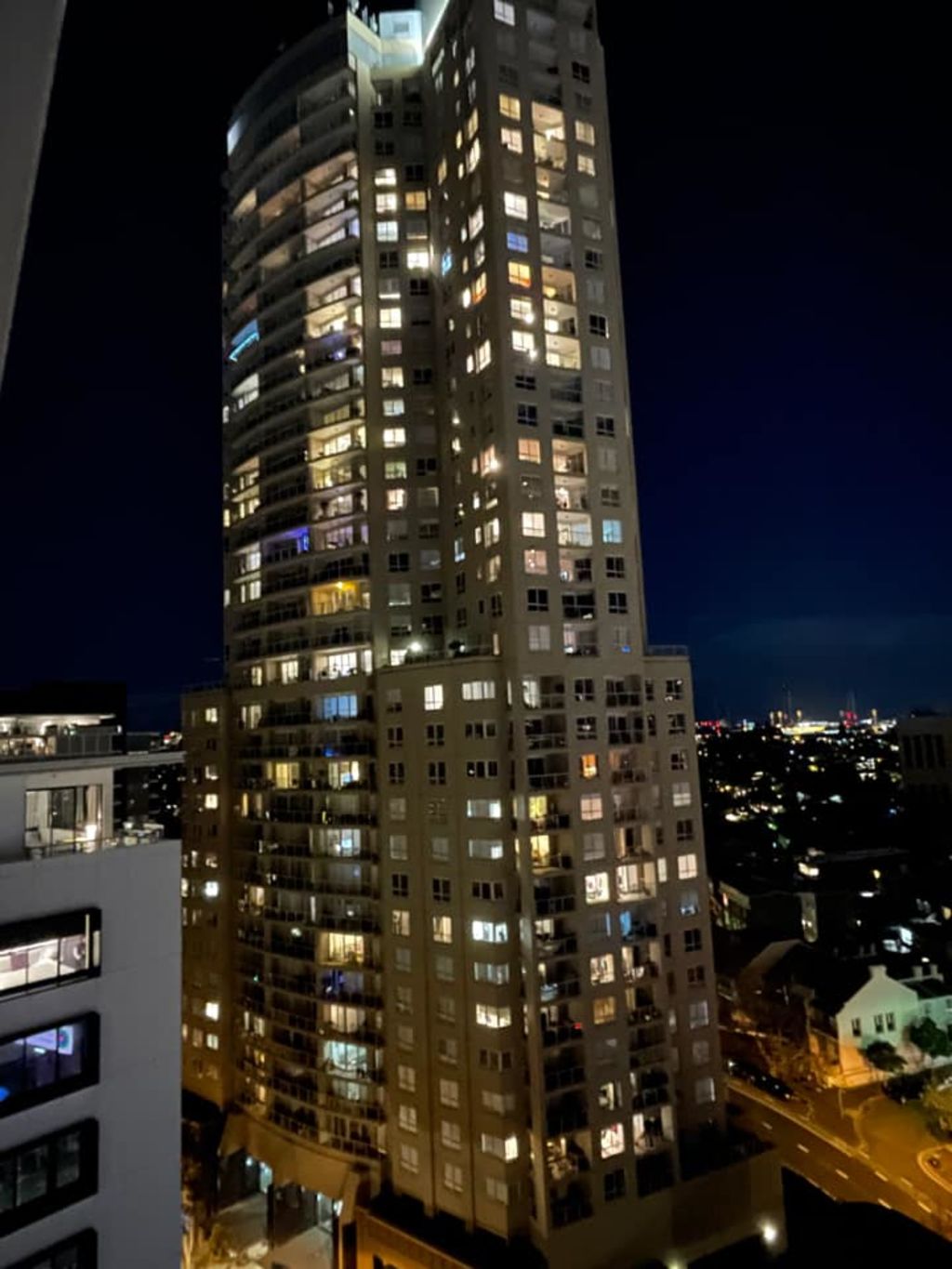
“But even that is ridiculous,” said Ms Stiles. “So, they say they could be infectious, and then they send 500-odd people back out into the neighbourhood to go to a testing centre!
“Why on earth wouldn’t they send a team into the building instead to do door-to-door testing to stop the spread?”
But a Department of Health spokesman said there was no need for apartments to receive special attention. “We provide extensive advice to people affected by COVID, no matter where they are and where they live,” he said.
“If anyone has any concerns that they’ve had contact with a suspected case in an elevator then we can be contacted and we’ll work on the movements of people, talk to strata managers and can even ask for CCTV. We’ll always talk to strata managers and seek to get in contact with anyone with concerns.”
That’s not enough, however, for apartment specialists like Ben Mees, general manager of Building Management Australia, which runs building management, concierge and cleaning services in a number of big buildings in Sydney, including the 1500-resident World Square in Chinatown.
He says NSW Agriculture Minister Adam Marshall, who tested positive to COVID-19, lives in one of his buildings, but no one knows what the protocol should be in such a situation.
“It’s a terrible situation,” said Mr Mees. “We had someone who had the test, and they said it was a false-positive, so they had another one but wouldn’t confirm their results. So, we had no idea of how to manage the situation.
“This is now becoming a real issue. I don’t think the government understands how strata buildings work at all. They’re not like houses. You can’t shut your front gate and keep everyone away. Everyone shares aircon systems, heating systems, water systems, garbage systems; everything is communal.”
During the earlier lockdown, most of his buildings voted to close their gyms and pools to residents to prevent the spread, but then individuals who disagreed would phone Fair Trading and be told that it wasn’t a rule, so would then threaten to take their strata committees to the NSW Civil and Administrative Tribunal (NCAT).
No one even knows whether building managers, concierges and cleaners count as essential workers and are allowed to come in and service buildings in the event of lockdowns, Mr Mees says. But the bins at the bottom of chutes have to be changed every day, at least, lifts have to be disinfected, and building managers have to sort out crises like lift breakdowns.
Earlier this month, all residents in a complex of 100 townhouses in Melbourne’s CBD were locked down after six residents tested positive. They lived close to each other and had used the same communal areas.
In July last year, 3000 people living in units in nine public housing towers in Flemington and North Melbourne were locked down after an outbreak.
Sydney has so far escaped relatively unscathed, but apartment residents are worried that worse is to come.
“With the Delta variant and its 10-second transmission time, we need to be prepared,” said Don Cangelosi, the chair of a strata committee of a building of 91 apartments in Ryde. He says last year they had a COVID-19 case in the building, and he called the Department of Health to ask what should be done. He’s still waiting to hear back.
“Are people allowed to empty their garbage in the communal rubbish room?” he asked. “What do we need to do to support people in isolation? How do we stop people’s panic from running away with them?
“It can be hard to live in confined spaces, so at least we need to know how to deal with these situations.”
And some situations can be almost impossible to navigate, advises Ms Stiles. “In one building, there was someone infected; people were panicking, and then there was a fire alarm. What on earth should you do in that case?
“The Department of Health should develop a protocol and communicate with the Owners Corporation/building management when a strata building is the site of COVID-19 exposure. That communication should include cautionary alerts to residents that promote testing and other protective measures, and Public Health Orders should explicitly refer to strata property, including shared facilities such as function rooms and gymnasiums commonly found in apartment complexes.”
The Department of Health and the Minister for Health have not yet responded to a request for comment.
We recommend
We thought you might like
States
Capital Cities
Capital Cities - Rentals
Popular Areas
Allhomes
More
- © 2025, CoStar Group Inc.



